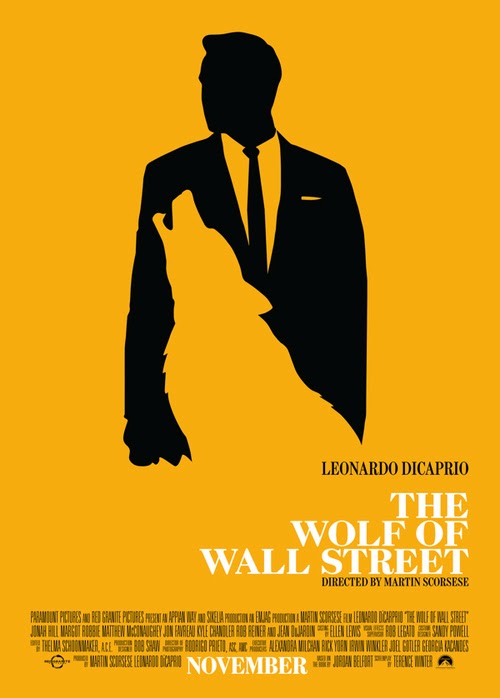Then
we come to ‘Inside Llewyn Davis’ the brothers first film in four years, that
takes a stab at the folkloric mythology of the Greenwich Village folk scene in
the early 1960s. When most people think of this time period they think of Bob
Dylan, they think of vibrant colourful characters, a time of change and frenzied
attitudes, changing with the wind, people for the first time ever feeling
liberated and truly alive, change happening all around the world, with
Greenwich Village at its centre, folk music itself the proverbial beating
heart. However the tone of the brother’s Greenwich Village is a truly sombre
one, a state of purgatory wistfully dismal and arid, baron of life and joy,
depressed and aching with the sadness of all our lives. This is after all 1961
not 1963, and that makes all the difference, for as change is yet to come, as
Dylan and The Beatles have not yet invaded the airwaves and set curiosity
throughout the young minds of the American youth, leaving the sentiment that
change is inevitable and that ‘I’ have a monumental part to play, therefore
1961 is purgatory for all, waiting aching hoping for something, anything but
this.
Like
most Coen Brothers films ‘Llewyn Davis’ is a film of stark simplicities, simple
brush strokes, saying more with body language than words, thriving off
of the emotion of its players rather than their words. ‘Llewyn Davis’ does not
seek to depict its period setting matter-of-factly; it does not really seek to
tell a story at all. It captures a sentiment of a time and place, the atmosphere of
New York in 1961, the spirit of all those who were suffering and struggling
amidst the long cold winters, hoping for change in their own sad lives, when subconsciously
unbeknownst to all, aching for a more significant change, one that would shake
of the post war blues that still anchored every ones hearts so low, and levitate
us into more optimistic and prosperous times. All that would come, and in the
not too distant future, but for now, purgatory lives on.
The
story of ‘Llewyn Davis’ is a simple one; a week in the life of a struggling
musician. That is it, and it never gets much more complicated. The film is almost
a dreamscape, a depiction of a sentiment, of a man’s soul told through visual
metaphor and stark composition. Llewyn, a man who has clearly struggled his
whole life, full of passion and creativity, ambitious and desperate, searching
and longing for all that he desires, is a poor soul who can simply never catch
a break. From the death of his old partner, a tragedy that still hangs heavy on
his shoulders, to the news that his friend Jean is pregnant and wants an
abortion, made worse by the fact that his old girlfriend didn’t really have an
abortion so now he is a father, the proposed responsibility he must now adhere,
out there somewhere in America. Personified by a stray cat, Llewyn is the
embodiment of that feline survivor, at odds with its unforgiving environment
but making do with its lot, getting by at best. When in Chicago, advised by Mr
Grossman, a talent agent, to reteam with his old partner, Llewyn acknowledges
that as good advice, maybe he would be better off joining him on the other side.
The
Coen Brothers are capable of conjuring so many different emotions all at once,
like conductors they make you laugh when they call for it, they make you cry in
one swift motion, they are capable of bringing forth all the manor of emotions
that we as human beings experience on a daily basis. ‘Inside Llewyn Davis’ is
such an incredible film as it does exactly that with so little words and actions,
it depicts true loneliness and sadness, the reality of struggling against all
odds and the relativity of human suffering. Winter 1961 in New York was a hard
time for everyone in need of hope and inspiration, the Coen Brothers sought not
to tell a story of the spirit of change and revolution that swept America in
the 1960s, rejuvenating the people and bringing forth change that would affect
the world forever, they sought instead to depict the spirit of America just before
that, it’s always darkest before the dawn and ‘Inside Llewyn Davis’ delivers melancholic
beauty of the darkest shade, when we are but ready to give up, unknowing that
change is just around the corner.




